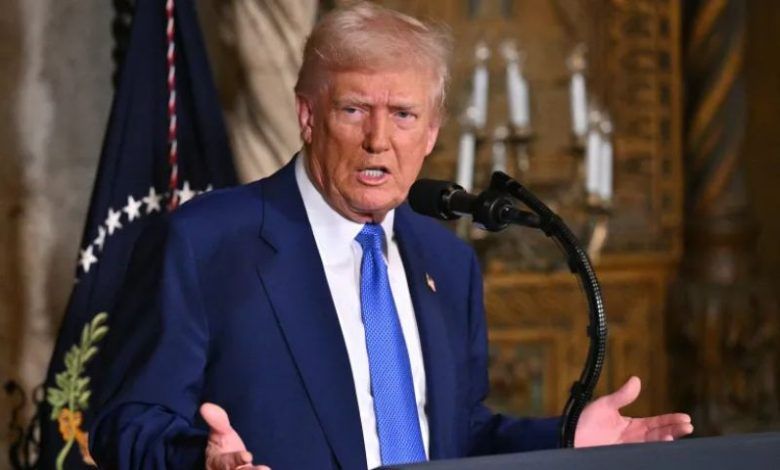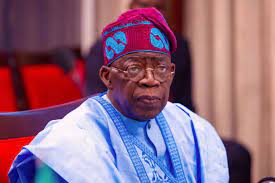
The Trump administration has significantly ramped up its trade confrontation with China, announcing a staggering 104% tariff on Chinese imports after Beijing failed to meet a key deadline to lift its retaliatory tariffs.
This latest move follows President Donald Trump’s assertion that China is eager to “make a deal badly” and aims to exert additional pressure on Beijing in the ongoing trade standoff.
White House Press Secretary Karoline Leavitt confirmed that the new tariffs would take effect at midnight on April 9, delivering a sharp escalation in the trade conflict between the world’s two largest economies. Leavitt also echoed Trump’s tough stance, saying, “The president, when America is punched, he punches back harder, that’s why there will be 104% tariffs going into effect on China tonight at midnight.”
While Trump has been adamant about his tariff strategy, Leavitt indicated a potential opening for dialogue, suggesting that Trump would be “gracious” if Chinese President Xi Jinping sought to negotiate a resolution, despite the growing tensions.
A Deeper Dive into the Trade Conflict
This hefty new tariff builds upon Trump’s already aggressive strategy of imposing significant levies on Chinese goods, as part of his reciprocal tariffs plan. The escalation began on April 4, when Trump declared “Liberation Day” and unveiled a fresh list of tariffs, triggering mixed global reactions. While some countries have expressed a desire to negotiate better terms with the U.S., China has firmly responded with its own set of measures.
In retaliation, China implemented a 34% tariff on U.S. imports, vowing to “fight to the end” and accusing the U.S. of “blackmail.” The ongoing tariff war is rooted in accusations from the Trump administration that China’s non-market practices are undermining U.S. industry and granting Beijing unfair dominance in key manufacturing sectors.
Trump’s Stance on Tariffs
Despite global calls for relief from the tariffs, Trump has remained steadfast in his position. During a meeting with Israeli Prime Minister Benjamin Netanyahu on Monday, Trump reinforced the central role tariffs play in his economic agenda, remarking, “We’re not looking at that,” in response to requests for tariff relief. However, he also signaled openness for “fair deals and good deals with every country,” leaving the door slightly ajar for negotiation.
China’s Response
On Tuesday, China’s Ministry of Commerce issued a fierce condemnation of the U.S. proposal to hike tariffs on Chinese imports by 50%. In a statement released through the state-run Xinhua news agency, the Ministry expressed unwavering opposition to the tariff hike, labeling it as “unilateral bullying” and “blackmail.” The statement further emphasized that China’s countermeasures would be decisive and aimed at protecting the country’s national interests.
The Chinese government argued that the proposed tariff increase was baseless and violated international trade norms. It stressed that China’s responses are legitimate actions to safeguard its sovereignty, security, and developmental interests while ensuring the stability of global trade.
The Ministry also warned that the U.S. was exacerbating the situation with its threat of further escalation, undermining global trade stability and the international order. The heated exchange signals no end in sight for the trade conflict, with both sides locked in a tit-for-tat battle that has ripple effects across global markets.
As tensions mount, the future of U.S.-China relations remains uncertain, with both countries digging in their heels. The Trump administration’s aggressive tariff strategy continues to dominate the economic landscape, while China’s countermeasures could further destabilize global trade dynamics. The coming days will likely be pivotal in determining whether the two economic giants will reach a deal or if the conflict will continue to escalate.





